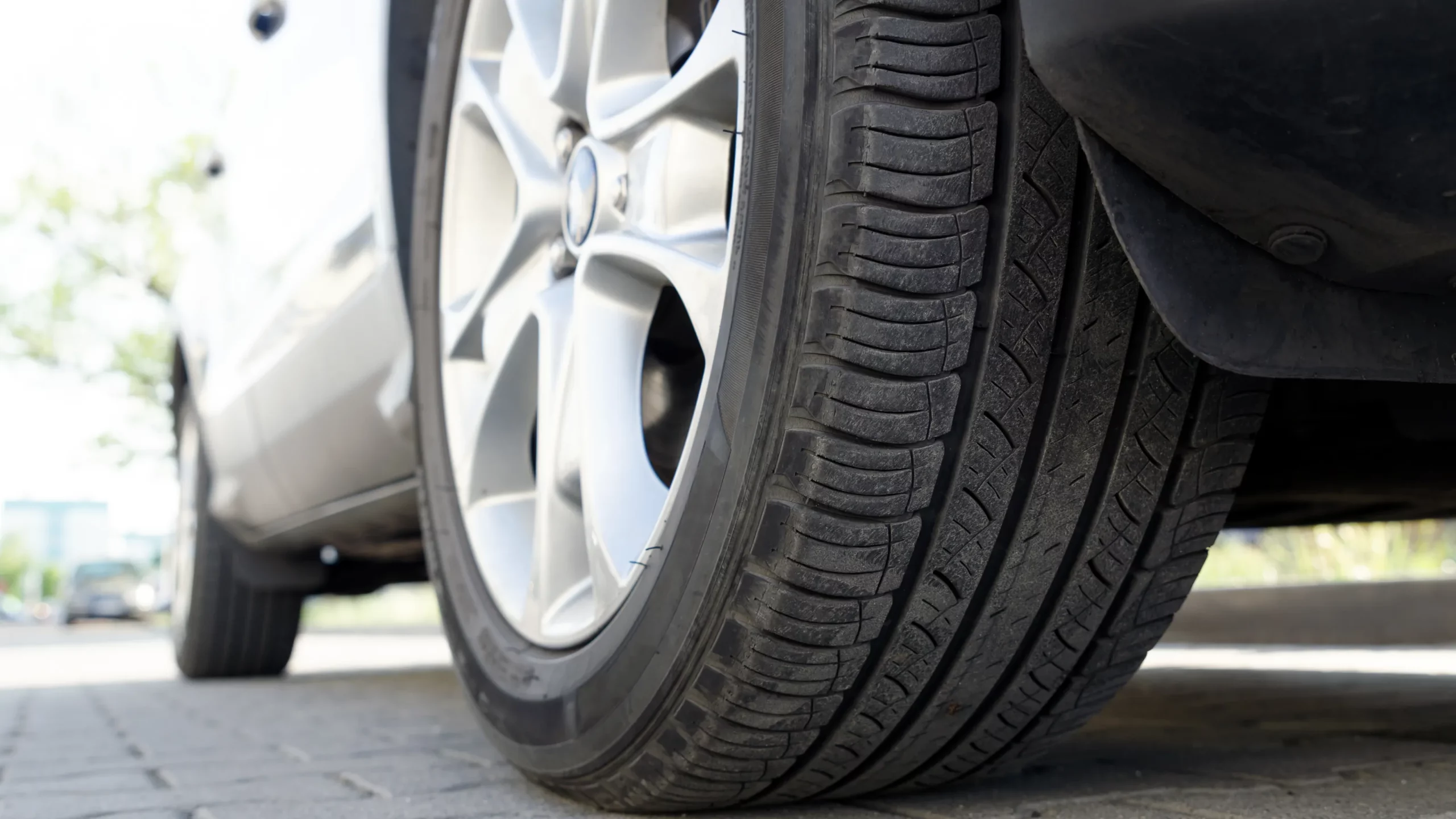Tire Chalking: Why are US Judges Trying to Eliminate this Practice and What are the Alternatives?

State, county, and municipal law enforcement agencies have been progressively incorporating Automatic License Plate Recognition (ALPR) technology, including virtual chalking, into their operations.
This advanced technology serves multiple purposes, such as identifying stolen vehicles, monitoring cars related to (BOLO: Be On Look Out) alerts, enhancing security at large events, and facilitating virtual chalking for parking enforcement.
In addition to concerns about its legality, tire chalking has also been criticized for its effectiveness as a parking enforcement tool. Critics argue that the chalk marks can easily be erased by rain or tire rotation and that more accurate and efficient alternatives are available.
What is Tire Chalking?
Tire chalking is a process where a parking enforcement officer marks the tire of a parked vehicle with a chalk line to track how long it has been parked in a particular spot. This method is often used in areas where time-limited parking is enforced to ensure that vehicles do not exceed the allotted time.
Controversy Surrounding Tire Chalking:
Despite being a widely used practice, tire chalking has been the subject of controversy in recent years. One of the main arguments against tire chalking is that it violates the Fourth Amendment of the U.S. Constitution, which protects against unreasonable searches and seizures.
Opponents of tire chalking argue that the practice is an unconstitutional invasion of privacy since it allows parking enforcement officers to track the movements of individuals without their consent. Furthermore, it is argued that tire chalking is discriminatory since it mainly targets low-income communities that cannot afford parking garages or private lots.
Legal Status of Tire Chalking:
The legal status of tire chalking is somewhat unclear. While some courts have ruled that the practice is constitutional, others have found it to violate privacy rights. In 2019, a federal appeals court in Michigan ruled that tire chalking was unconstitutional, stating that it was no different than attaching a GPS device to a vehicle.
In response to this ruling, some cities have stopped using tire chalking altogether and switched to other parking enforcement methods, such as license plate recognition technology.
Alternatives to Tire Chalking:
One option is using digital technology, such as parking apps and license plate recognition software, which can more accurately track the time a vehicle has been parked in a specific location. These technologies are also less susceptible to errors and tampering and can provide a more reliable record of parking violations.
Virtual Chalking
Virtual chalking, or digital or electronic chalking, is a modern alternative to traditional tire chalking that is gaining popularity among parking enforcement agencies. Instead of marking the tires of parked cars with physical chalk, virtual chalking uses digital technology to track the length of time a vehicle has been parked in a specific location.
Accuracy and Reliability:
Unlike physical tire chalking, which can be erased by rain or tire rotation, virtual chalking uses digital sensors or GPS technology to track the time a vehicle has been parked accurately. This can help eliminate errors and inconsistencies in parking enforcement and provide a more reliable record of parking violations.
Convenience and Ease of Use:
With traditional tire chalking, parking enforcement officers must physically mark the tires of each parked car, which can be time-consuming and labor-intensive. With virtual chalking, officers can use a mobile or handheld device to record parking violations, saving time and resources.
Easy Database Handling:
Data can be seamlessly transferred from one shift to the next without loss, and automatic alerts are sent to the operator when a license plate is detected multiple times within the same parking zone or has been flagged as a scofflaw. The platform offers various options for organizing and sorting parking data, including by date, license plate number, location, and time.
Environmentally Friendly:
Using physical chalk generates waste in a one-time use product, whereas virtual chalking produces no material waste.
Virtual Chalking is the Future
Tire chalking has been a controversial practice widely used in parking enforcement for many years.
Overall, it is clear that tire chalking is a practice facing increasing scrutiny and challenges from judges in the United States. While it has been a standard method of parking enforcement for many years, there are concerns about its legality and effectiveness, and alternatives such as digital technology may be more reliable and accurate options.
Now, with virtual chalking, parking enforcement officers can more efficiently and effectively cover their routes with faster patrolling and issuing parking citations, and operators will experience fewer erroneous and voided tickets and collect revenue more quickly.


